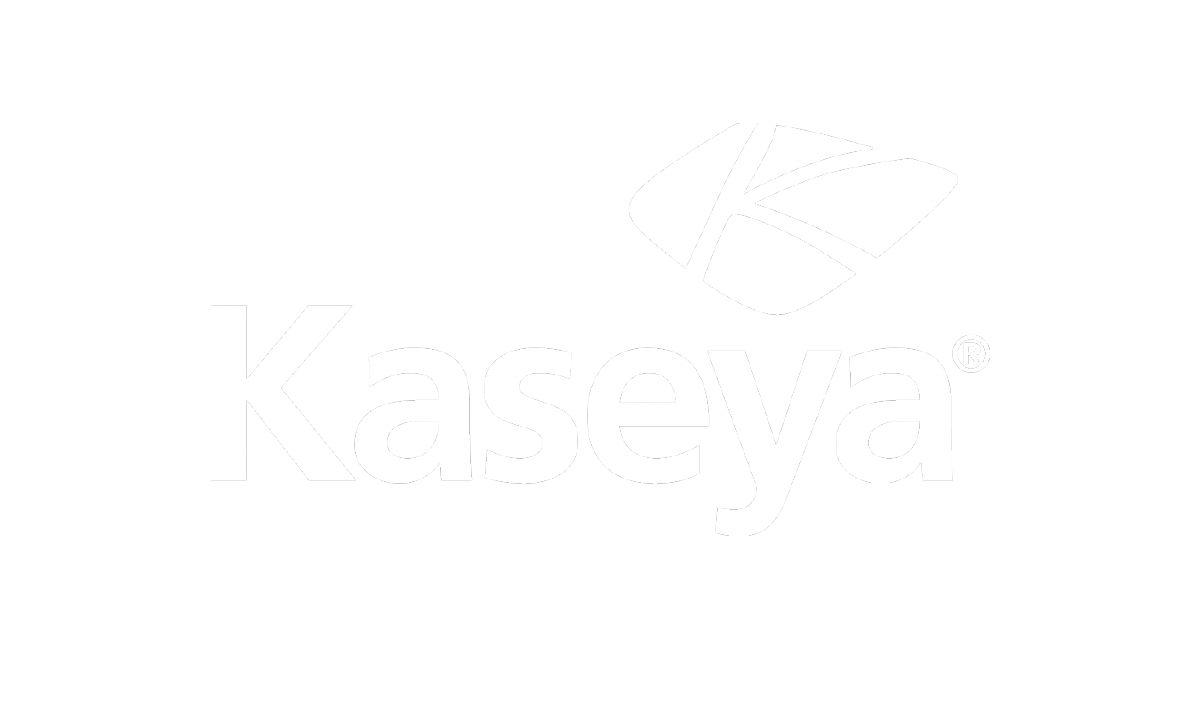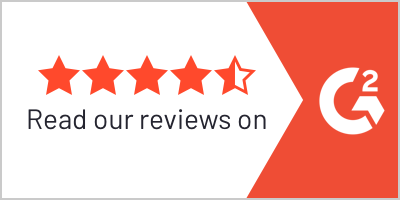Is the Hybrid Work Model Really the Future of Office Culture?

In the wake of the pandemic lockdown and workers demanding greater flexibility, the hybrid work model is gaining ground. Is it a temporary accommodation or the future of work?
Key Takeaways:
- The hybrid workplace has been listed as one of the key trends that will define the work landscape in 2022 and beyond
- Many companies around the world are already making it possible for their workers to show up at the office or stay at home during the workweek
- Despite the majority of employees supporting hybrid work, some experts believe the inherent challenges of the model may cause workers to reject it later on down the road
Hybrid work has been touted on every corner as the “future of work.” Studies suggest that the majority of employees expect their companies to continue to offer hybrid working accommodations after the pandemic, leading many companies to start experimenting with various hybrid work models to determine the best fit for their organizations.
Hybrid work arrangements have very real downsides that need to be considered. But no matter where you stand on the future of work, there’s a very real possibility that the world is about to see a fundamental shift in the way we work and live.
This is nothing new; we’ve seen seismic changes like this before in the work landscape. In the 1800s, the emergence of the steam engine ushered in the industrial revolution that moved droves of people from the rural areas of Europe and the United States into cities and factories. In the 1940s, World War II pushed women in droves from the homestead into the workforce. When the 1990s came around, the proliferation of personal computers and email boosted productivity to unprecedented levels and shortened the time for decision-making, ushering in the digital era.
It seems as though, every one or two generations, we can expect a revolutionary change in the way people perceive the workforce and office culture. When 2020 came along, few could have foreseen the wide-reaching effects of the coronavirus outbreak. However, before long, safety measures drove employees out of the office and into the uncharted territory of remote work.
Restrictions are quietly, cautiously, being loosened. But even at that, many employees and employers know things will likely never be the same again. Both groups know there is a need for a conversation on the future of work and how things will unfold going forward.
However, are the majority of stakeholders really clamoring to make these changes permanent?
3 reasons hybrid work may not be the inevitable future everyone supposes it will be
Hybrid work, the same as remote work, could fall apart as a model for office culture in the future for a few reasons. The challenges are not hard to see when you look under the surface of the glossy image everyone is buying into:
- 1. Frustration with juggling two workspaces
It’s hard enough keeping one workstation in order, so two can be a stretch even for the most meticulous of people.
Imagine the frustration that comes with setting up two or more workspaces that are equipped to carry out all the different tasks that the typical workday throws at you. While working at home or out of the office, it doesn’t take long before workers realize nothing is where it should be.
They soon realize that books and other information sources are in the wrong place or completely missing. They can’t find a photocopier at home or in the neighborhood either, and they only realize that at the exact moment that they need it.
Irrespective of what they happen to be working on, employees may find themselves underequipped when working out of the office. Every location they can think of to play the role of a workspace may simply lack the specialization that their offices have accumulated over years of use.
Many people may consider these problems to be no more than minor inconveniences that are worth putting up with in the wake of the new normal. However, expect a sizeable number of workers — especially younger workers with less-equipped home-working arrangements — to start questioning the hybrid setup and the idea that the home is better than the office for productivity.
- 2. The need for better collaboration
In spite of the strides made by technology, no one can deny that a lot remains to be desired when it comes to collaborating remotely. The sheer fact that project management solutions abound, all aimed at improving on the collaboration capabilities of the last one, is proof enough.
It should be no surprise when more and more people begin yearning for the true connections and collaborations that come from the office. At the office, people are able to collaborate more directly, and thus get more done, come up with better ideas, secure wide-ranging buy-in, and communicate more freely with their colleagues than they do at home.
The need for better collaboration is part of the reason why employees keep showing up at work even when their employers declare remote days in a hybrid setup.
- 3. Greater lack of recognition for work done
Some workers may find themselves more productive at home than they are at the office. But this boon is often clouded by the fact that working at home comes with the risk of employee output going unrecognized and unrewarded.
Workers who ply their trade from home may not have the benefit of employee rewards programs that take remote work into account. This might leave them feeling undervalued or even dismissed, which could impact the level of fulfillment they get from their work.
Working from home can leave employees feeling marginalized and expendable. Workers who are wary of this prospect are more likely to come to work at the office where they no longer feel invisible.
Recognizing and rewarding remote workers can be easy and automatic
Working remotely in a hybrid situation need not leave your employees feeling invisible. With Crewhu’s employee recognition and prize automation software solutions, you can ensure that no good work goes unrewarded. Whether or your employees show up at the office or not, you can gather adequate performance data to reward those who are deserving. Schedule a demo with Crewhu today.






